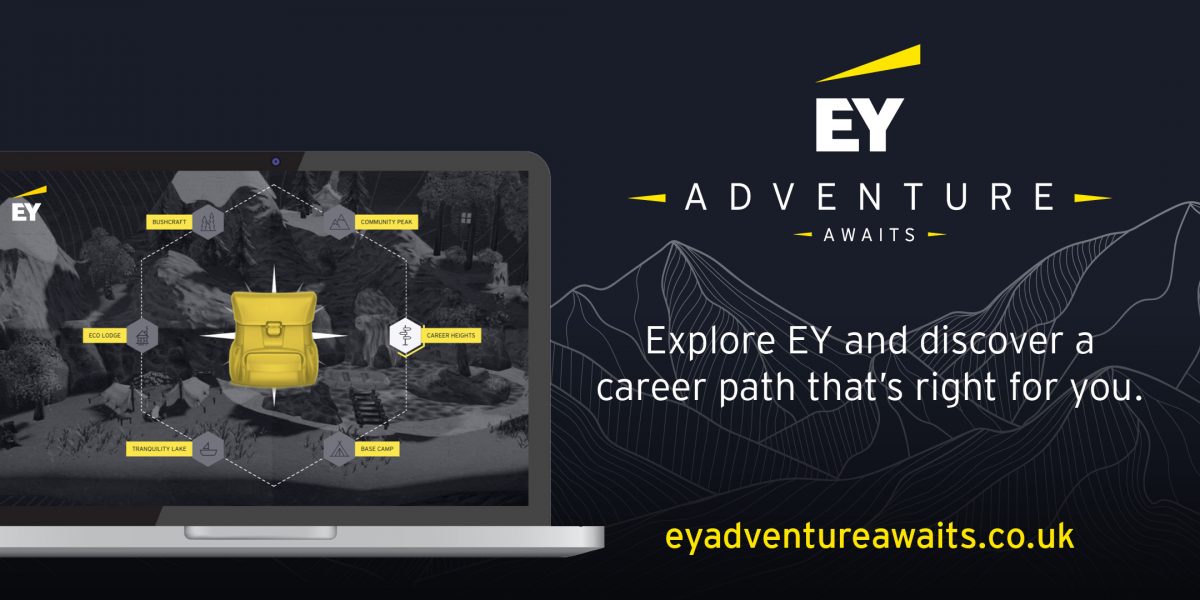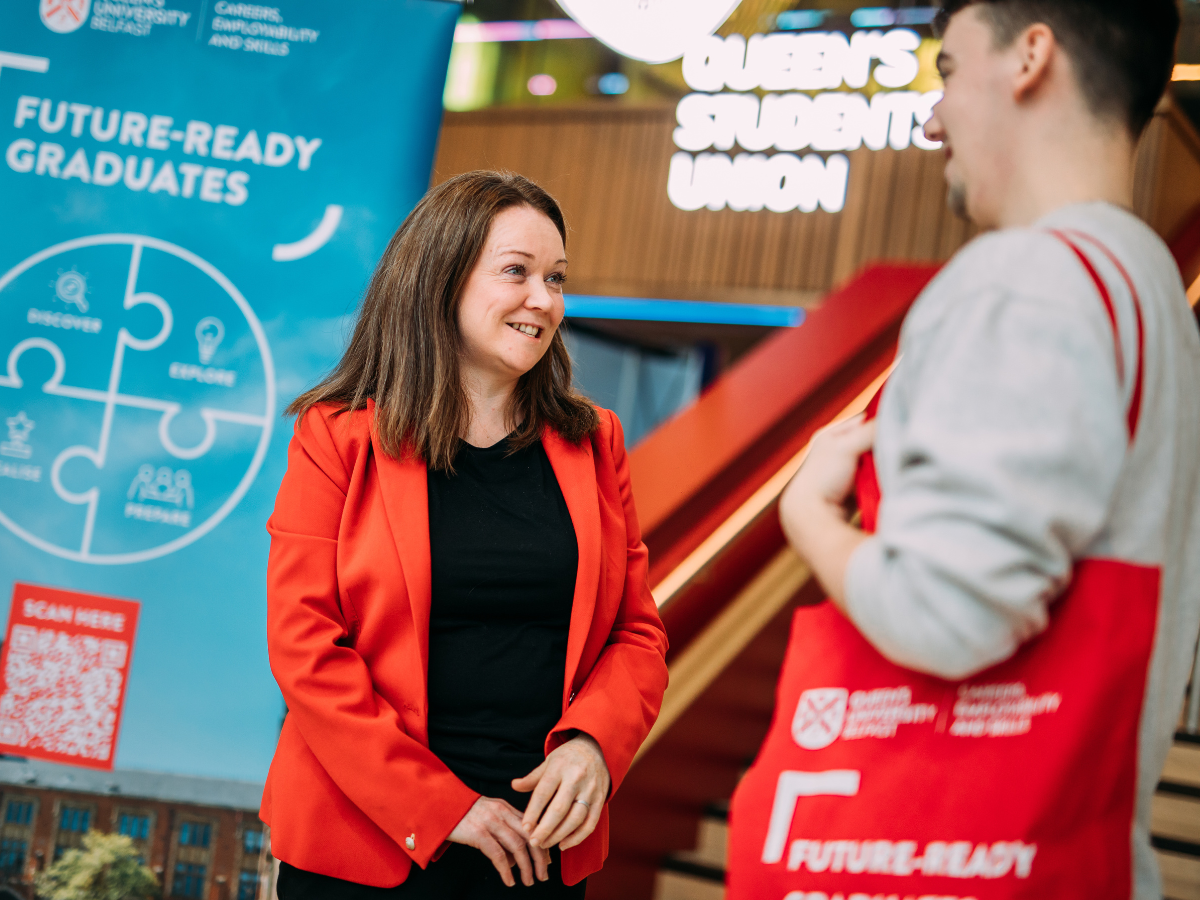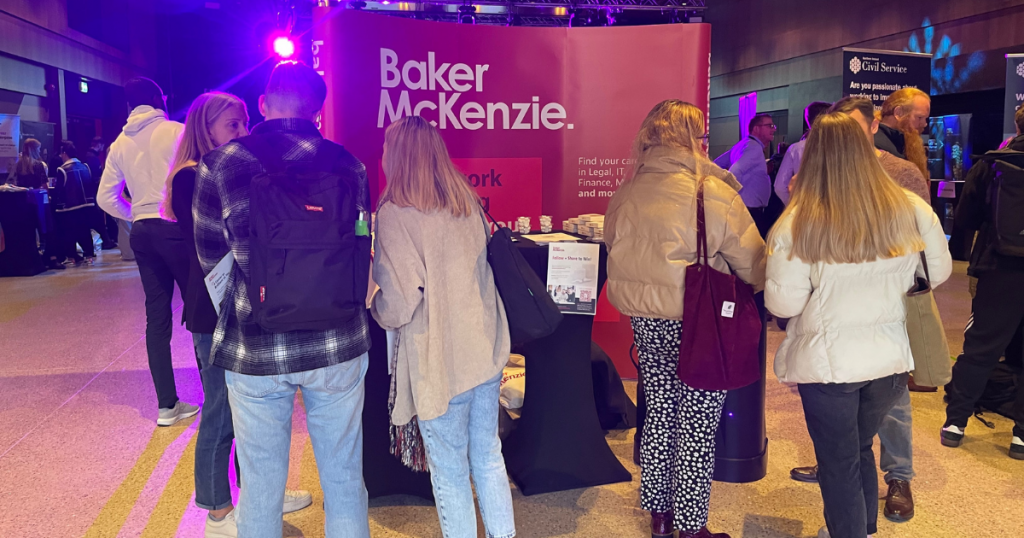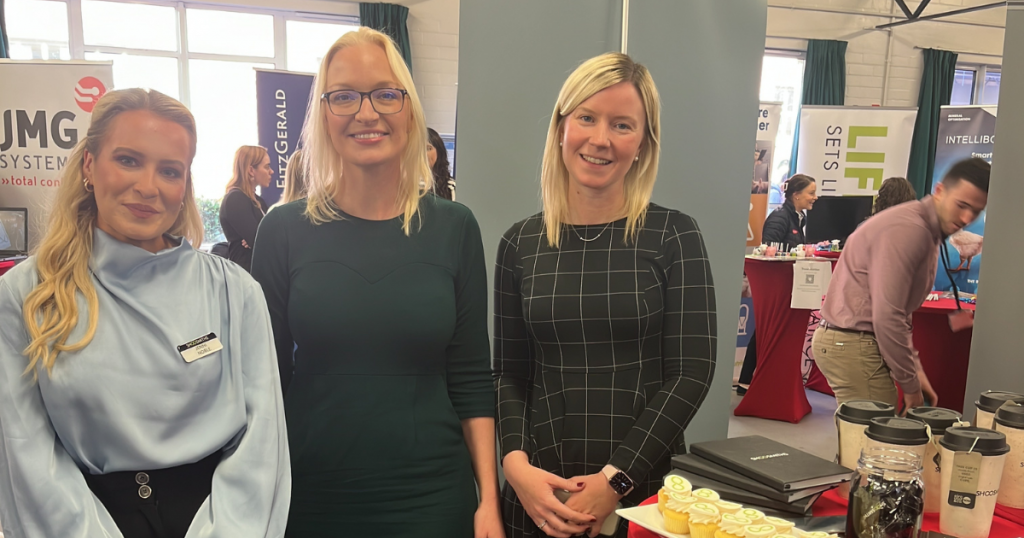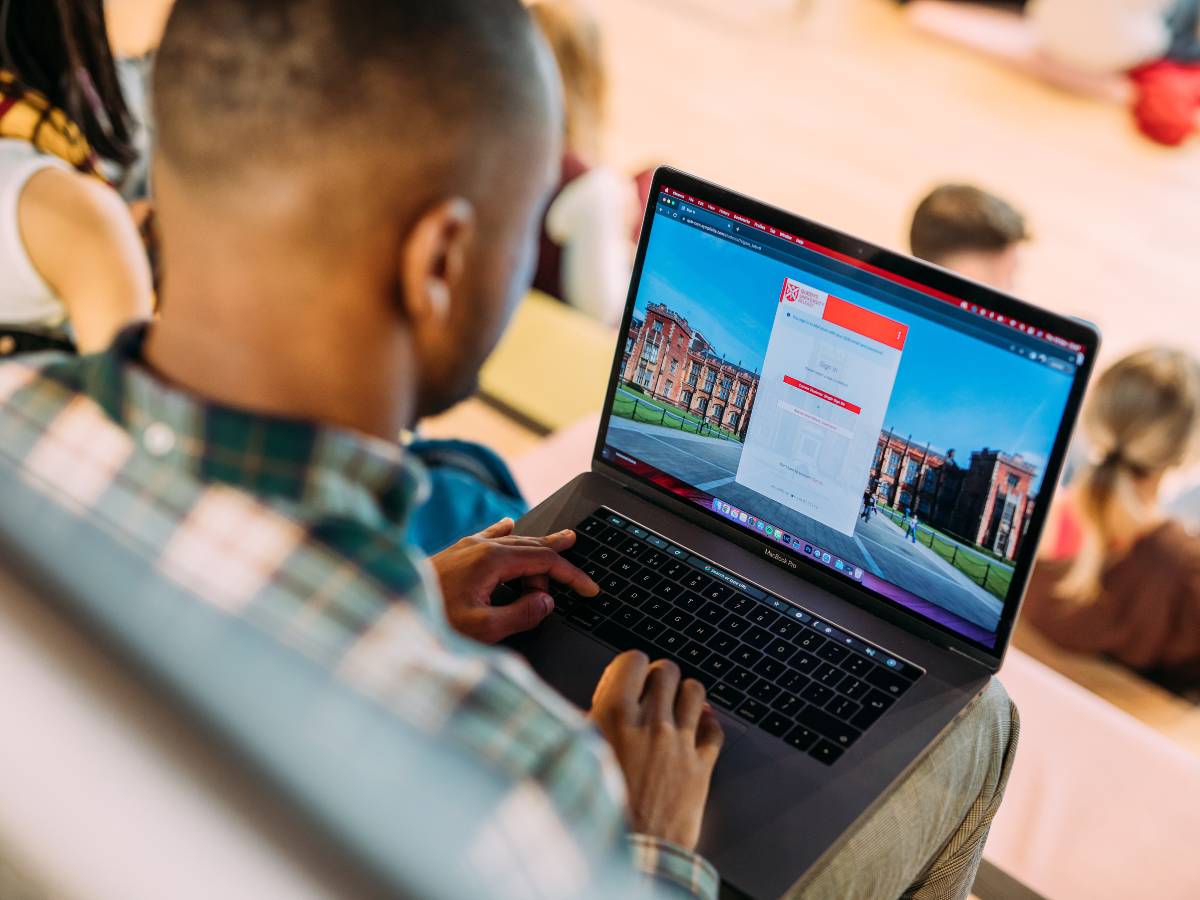The Student Recruitment Journey Unveiled
Entering the professional world after graduation is a new adventure waiting to unfold. Understanding the recruitment process can often seem daunting!
But don’t worry: Let’s explore the student recruitment journey together.
Your Adventure Awaits:
Your professional journey is all about finding your path to the right opportunity. If you’re not sure what’s next, why not check out EY’s interactive quiz, the EY Pathfinder, that matches your strengths to our business areas to find a role that’s right for you.
Understanding the Recruitment Process:
Now that you’ve identified the programme/role that’s right for you, let’s look at the stages in EY’s student recruitment process, which is similar to other organisations, which involves:
Stage 1: Online Application – after you’ve created your account, you’ll need to choose your programme. During this stage, you will need to entre your personal details so we can learn more about you.
Stage 2 – Online Assessment – these online immersive assessments have been designed for you so you can demonstrate your potential for the programme you have applied to. You’ll receive full instructions by email about the structure of the assessment and whether it needs to be completed in one sitting, including access to practices tests – so make sure you take the time to practice!
Stage 3 – Assessment Centre – in the assessment event, you’ll take part in a number of exercises. The event is designed to see if you have the strengths needed for your role at EY, but it’s also a chance to see if EY is right for you.
Stage 4 – Final Interview – this is your opportunity to share your strengths and motivations for the role you’ve applied for. Before the interview why not check out EY’s LinkedIn, website, Facebook, X, and Instagram – and tell the interviewer something they haven’t heard before! It is also your chance to ask any questions you have about the programme and business area you’ve applied for.
If you need support with any aspect of our recruitment process, we’ll work with you collaboratively in providing you with adjustments.
To learn more about EY and our recruitment journey, why not check out the Adventure Awaits platform, and hear from members of our Student Recruitment team.
Celebrate Your Success:
After conquering the various stages of the recruitment journey, it’s time to celebrate your new role! Cherish your accomplishments and gear up for the exciting professional adventure awaiting you.
We hope this gave you a concise yet comprehensive idea of what to expect from the student recruitment process. Remember, keep an open mind, resilient spirit, prepare well, and get set to embark on your professional adventure.
Best of luck!
Learn more about taking the first step in your career through Adventure Awaits: Careers at EY in Northern Ireland | EY UK
EY are one of the sponsors for our 2024 Spring Careers Fair.
